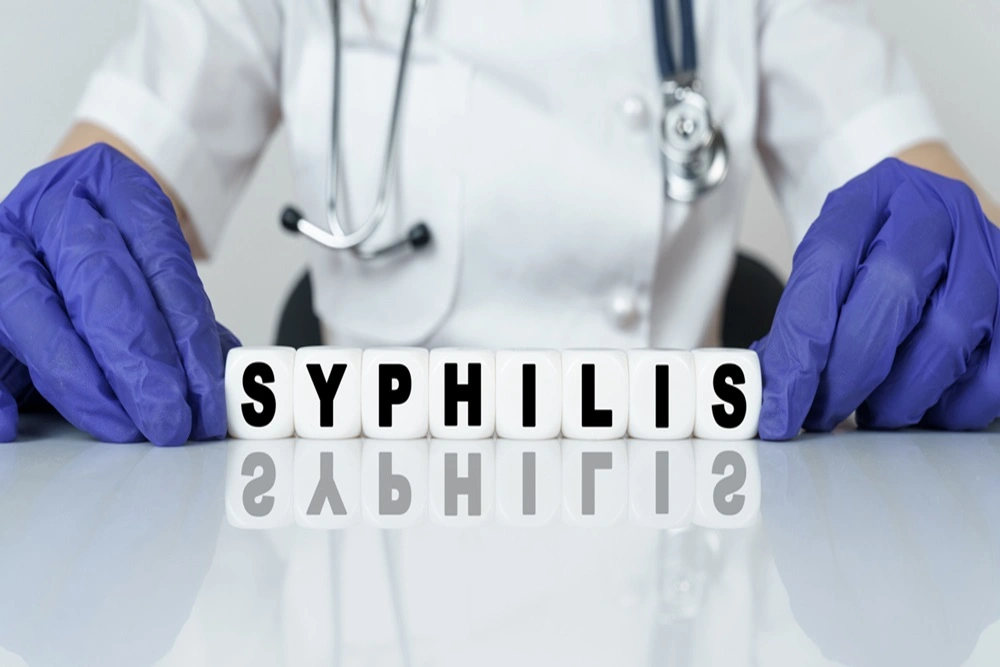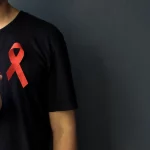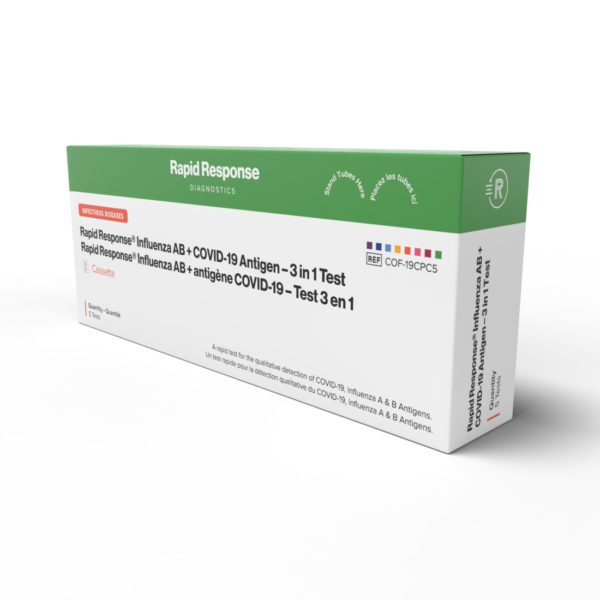Syphilis might sound like a disease of the past, but it’s very much a concern today.
While syphilis can evolve through four distinct phases, here’s what happens to your body if you get first stage syphilis.
What is the first stage of syphilis?
The first stage of syphilis, known as primary syphilis, is characterized by the appearance of a single sore that’s referred to as a chancre.
Chancres are easy to overlook since they’re usually:
- Firm
- Round
- Painless
Having a chancre is a clear indicator of syphilis and necessitates immediate medical attention.
How is the first stage of syphilis identified?
You or your healthcare provider can identify the first stage of syphilis by the presence of a single or multiple chancres.
Serving as the initial markers of the infection, chancres emerge 10-90 days after exposure, with a common onset at about 21 days.
How is the first stage of syphilis treated?
If you test positive for syphilis, your healthcare provider will prescribe antibiotics as treatment, with penicillin injections serving as the standard remedy. If you’re allergic to penicillin, they will prescribe alternative antibiotics.
Why is early treatment important?
Early treatment of syphilis is critical to prevent the progression to more severe secondary and tertiary stages. At the same time, it significantly reduces transmission to your sexual partners.
How is the first stage of syphilis diagnosed?
Your healthcare provider can diagnose the first stage of syphilis through blood tests that detect the presence of the infection.
They may also order darkfield microscopy to detect Treponema pallidum spirochetes, the bacteria causing syphilis.
What are the risk factors for syphilis?
You’re more likely to contract syphilis if you have:
- Unprotected sexual intercourse
- Multiple sexual partners
- History of sexually transmitted infections (STI)
How can you prevent the first stage of syphilis?
Here are what you can do to prevent the first stage of syphilis:
- Consistent use of condoms during sexual activities
- Regular STI screenings
- Avoid sexual contact with infected partners
Frequently asked questions
What are the symptoms of the first stage of syphilis?
The first stage of syphilis is characterized by the appearance of a single sore, known as a chancre. This sore is usually firm, round, and painless, and appears at the site where syphilis entered the body.
How long after exposure do first stage syphilis symptoms appear?
Symptoms of the first stage of syphilis typically appear between 10 to 90 days after exposure, with an average time of about 21 days until the onset of symptoms.
Is the first stage of syphilis contagious?
Yes, the first stage of syphilis is highly contagious. The chancre sore contains syphilis bacteria, making direct contact with this sore a common route for transmitting the infection to others.
Can the first stage of syphilis be treated?
Absolutely, the first stage of syphilis can be effectively treated with antibiotics, typically penicillin. Early treatment is crucial to prevent progression to more serious stages of the disease.
What happens if the first stage of syphilis is not treated?
If not treated, the first stage of syphilis can progress to the second stage, marked by skin rashes and mucous membrane lesions. Eventually, it may lead to serious health complications that can affect the heart, brain and other organs.
Key takeaway
The initial stage of syphilis, or primary syphilis, is characterized by the emergence of a chancre. This is a painless sore that you might easily overlook.
As it’s the first stage, this is a critical time for early diagnosis and treatment to stop the disease’s progression. Treatment for syphilis includes antibiotics, particularly penicillin, while preventive strategies include regular STI screenings and engaging in safe sex.























































